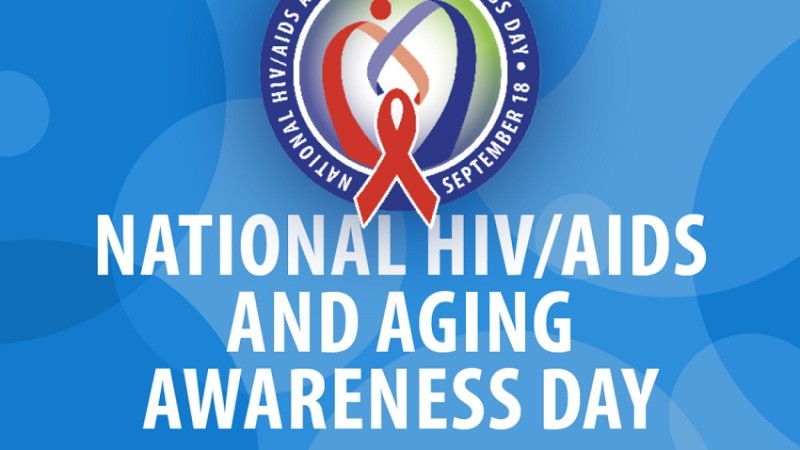
September 18, 2024, marks the annual observance of National HIV/AIDS and Aging Awareness Day (NHAAD). This day is dedicated to highlighting the growing number of older adults living with HIV and addressing the unique health, social, and medical challenges they face. Thanks to groundbreaking advancements in treatment, people with HIV are living longer, healthier lives, but aging with HIV comes with its own set of concerns that require focused attention.
Identifying Progress in HIV Treatment
In recent decades, significant advancements in antiretroviral therapy (ART) have transformed HIV from a fatal disease into a manageable chronic condition. Many people who were diagnosed decades ago are now living long lives, witnessing the power of modern medicine. Today, nearly half of the people living with HIV in the U.S. are aged 50 or older, a testament to the success of treatments.
These treatments not only reduce the viral load but also enable those living with HIV to experience normal lifespans. The shift in life expectancy means that many individuals who contracted the virus in their youth are now dealing with the complexities of aging alongside HIV.
Unique Health and Social Needs of Older Adults with HIV
While medical advancements have extended life expectancy, they also introduce unique challenges. People aging with HIV often face both the effects of the virus and the natural process of aging. Some of the specific health issues faced by older adults living with HIV include:
Challenges in HIV Prevention, Testing, and Treatment for Older Adults
As the population of older adults with HIV grows, new challenges arise in prevention, testing, and treatment. Many older individuals may not see themselves at risk for HIV, resulting in low testing rates and late-stage diagnoses. Additionally, healthcare providers may overlook HIV testing in older patients, assuming that it is a disease only affecting younger people. NHAAD seeks to raise awareness about these gaps and promote regular HIV testing for all age groups.
Another issue is the stigma surrounding HIV in older populations. Misconceptions about how the disease is transmitted and a lack of awareness about its impact on older adults often lead to discriminatory behaviors. This stigma can discourage older people from seeking testing or discussing their HIV status with healthcare providers.
In response, NHAAD calls for increased education, outreach, and culturally sensitive care tailored to aging populations. Initiatives that promote HIV awareness and prevention among older adults can significantly reduce new infections and improve the quality of life for those already living with the virus.
Moving Forward: Enhancing Support Systems
National HIV/AIDS and Aging Awareness Day serves as a reminder of the importance of developing effective care models for older adults with HIV. Collaborative efforts between healthcare providers, policymakers, and advocacy organizations are essential to ensure that this growing population receives the care, support, and resources they need to thrive.
Healthcare providers must stay informed about the specific needs of older patients living with HIV and integrate care plans that address both HIV and age-related health issues. Additionally, increasing access to support services that help reduce social isolation and improve mental health outcomes is critical for the overall well-being of older adults.
As we observe National HIV/AIDS and Aging Awareness Day in 2024, the spotlight shines on the resilience of people living with HIV and the importance of addressing the unique challenges they face as they age. With continued research, advocacy, and support, we can ensure that people aging with HIV lead fulfilling, healthy lives.
Let this day be a reminder to stay informed, reduce stigma, and support initiatives that create better outcomes for older adults living with HIV.